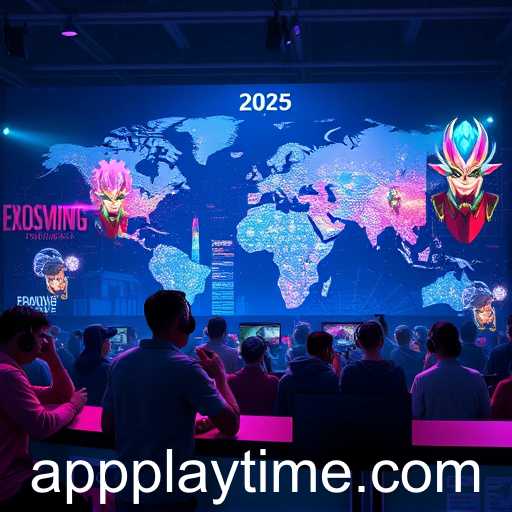In the rapidly evolving digital landscape of 2025, 'Playtime' has taken on new dimensions within the gaming community. While the term once evoked images of simple board games or casual video entertainment, today it represents a dynamic and multifaceted world powered by cutting-edge technology and global connectivity.
This transformation can be attributed to several key trends that have emerged in recent years. Firstly, advances in virtual reality (VR) and augmented reality (AR) have redefined the boundaries of immersive gameplay. Players are now able to step into hyper-realistic environments, enhancing their engagement and blurring the lines between the virtual and physical worlds.
Additionally, the rise of cloud gaming platforms has democratized access to high-quality gaming experiences. With services like Google Stadia and Microsoft's Xbox Cloud Gaming gaining traction, players can enjoy blockbuster titles on a variety of devices without the hefty investment in high-end hardware.
Furthermore, the gaming community in 2025 is more interconnected than ever before. Online multiplayer games have fostered thriving communities that span the globe, offering players opportunities to collaborate, compete, and forge friendships across cultural divides. These interactions have not only enhanced the social aspect of gaming but have also contributed to the rise of esports, now a multi-billion-dollar industry that rivals traditional sports in terms of viewership and sponsorship.
However, this evolution is not without its challenges. Concerns over data privacy, digital addiction, and the impact of screen time on mental health continue to spark debate. Many experts advocate for responsible gaming practices and the implementation of safeguards to ensure that playtime remains a positive and enriching experience for all.
Looking ahead, developments in artificial intelligence and machine learning promise to further transform playtime by creating adaptive gaming experiences that cater to individual preferences and skill levels. As the line between gaming and everyday life continues to blur, one thing is certain: the concept of playtime will keep pushing the boundaries of innovation and community engagement.








